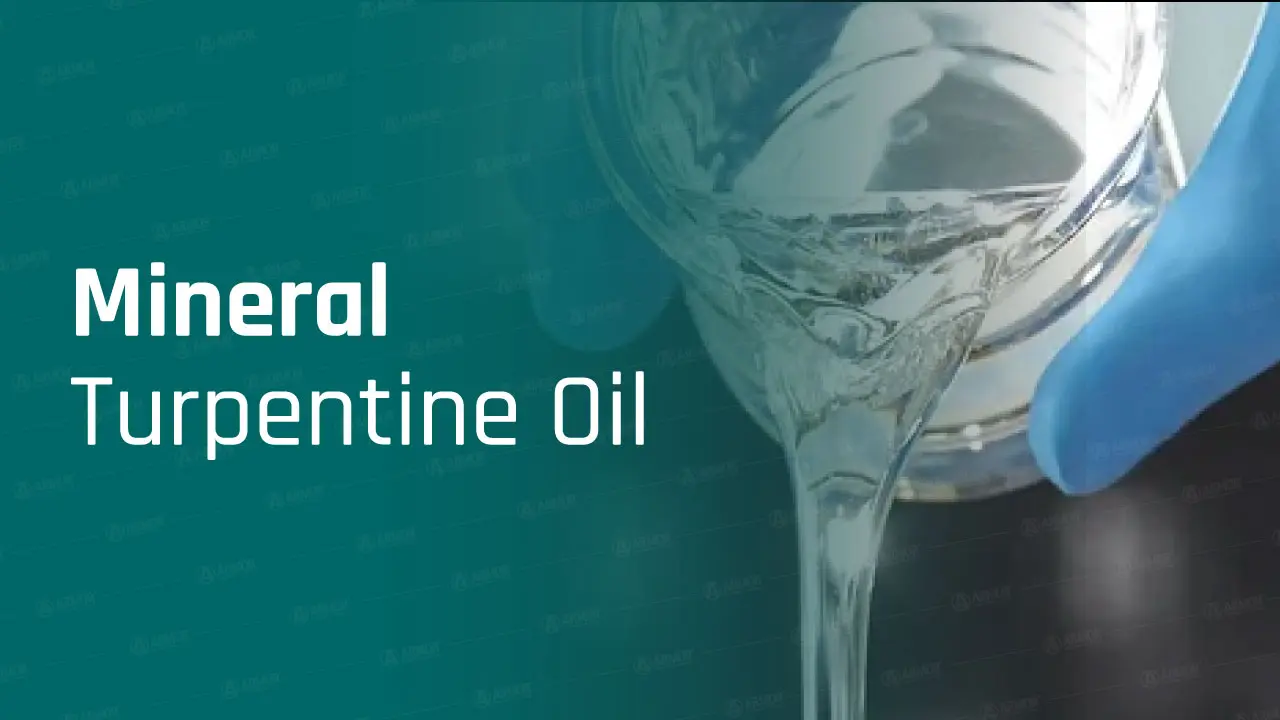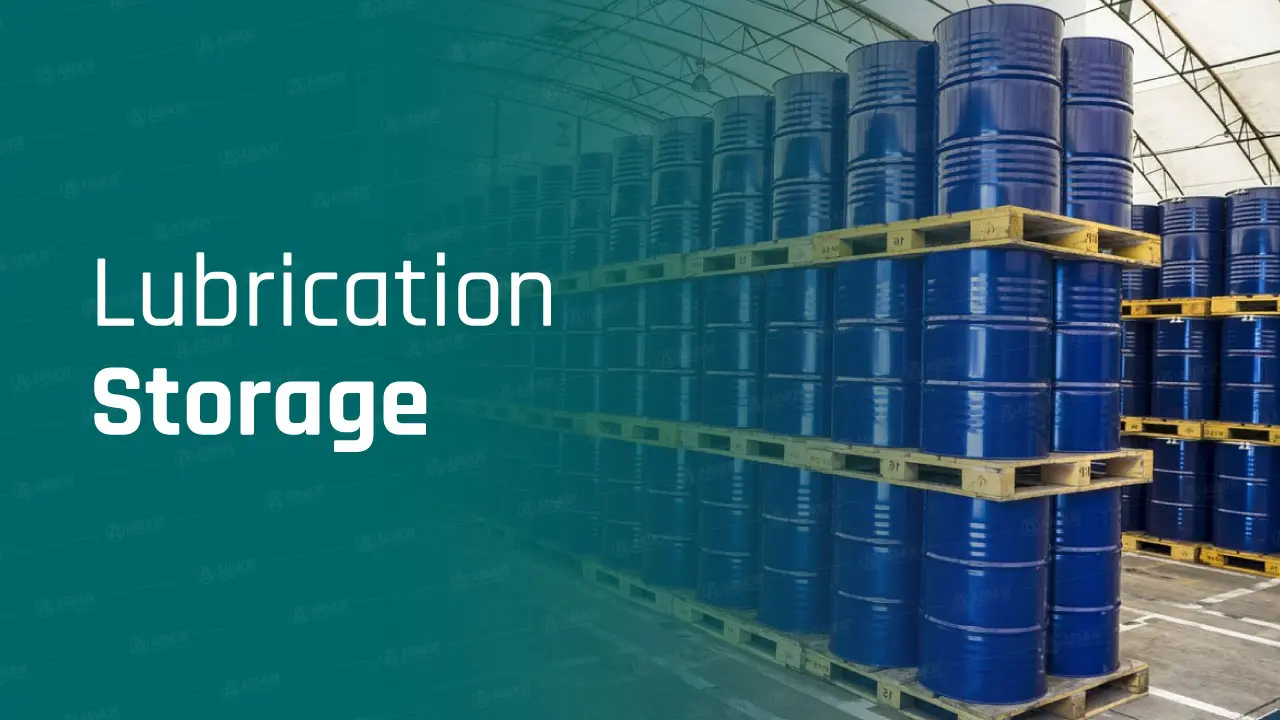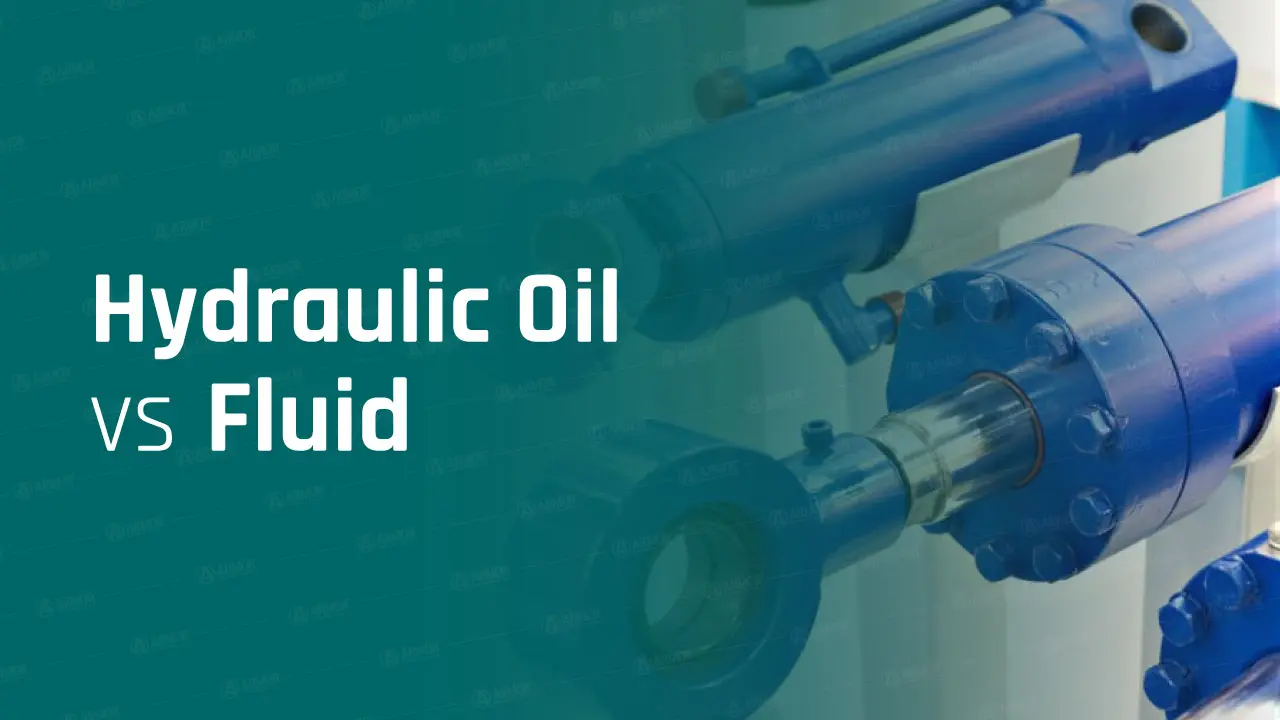- Armor Blog
- Products
- 15W40 vs. 10W30 – Which is the Best Engine Oil for Diesel Engines?
The Great Debate: 15W40 vs. 10W30 - Which Oil is Best for Diesel Engines?

When it comes to choosing the right oil for your diesel engine, the debate between 15W40 and 10W30 has long perplexed both experts and enthusiasts. Each oil grade has its proponents, sparking a heated discussion about which one is truly the best. In this article, we will delve into the great debate and shed light on the differences between 15W40 and 10W30 oils to help you make an informed decision.
Both 15W40 and 10W30 oils are multi-grade oils commonly used in diesel engines. The numbers in their names refer to their viscosity at different temperatures. The “W” stands for winter, indicating the oil’s performance in cold weather, while the numbers reflect its viscosity at high temperatures.
While 15W40 oil provides better protection at high temperatures and is generally recommended for heavy-duty diesel engines, 10W30 oil offers improved cold-start performance and fuel economy. However, choosing the right diesel oil involves considering factors such as climate, engine type, and manufacturer’s recommendations.
Join us as we delve into the intricacies of 15W40 and 10W30 oils and weigh their pros and cons, so you can confidently choose the best oil for your diesel engine.
Understanding viscosity ratings – What do 15W40 and 10W30 mean?
To understand the differences between 15W40 and 10W30 oils, it’s crucial to grasp the concept of viscosity ratings. Viscosity refers to a fluid’s resistance to flow, and it plays a vital role in determining an oil’s performance in different conditions.
The numbers in the oil grades, such as 15W40 and 10W30, indicate the oil’s viscosity at different temperatures. The “W” stands for winter, indicating the oil’s performance in cold weather, while the numbers reflect its viscosity at high temperatures. For example, 15W40 oil has a viscosity rating of 15 at low temperatures and 40 at high temperatures.
Differences between 15W40 and 10W30
While both 15W40 and 10W30 oils are multi-grade oils commonly used in diesel engines, there are notable differences between the two.
- Performance at high temperatures: 15W40 oil is renowned for its ability to maintain its viscosity and provide excellent protection at high temperatures. This makes it suitable for heavy-duty diesel engines that operate under extreme conditions, such as towing heavy loads or hauling goods over long distances. Its higher viscosity rating ensures that the oil retains its protective properties and lubricates the engine effectively, even in hot operating conditions.
- Cold-start performance: One of the significant advantages of 10W30 oil is its improved cold-start performance. The “10W” part of its rating indicates that it has a lower viscosity at low temperatures compared to 15W40 oil. This means that during cold starts, when the engine oil may be thickened by the cold weather, 10W30 oil flows more easily, ensuring proper lubrication and reducing wear on engine components.
- Fuel economy: Another factor to consider when choosing between 15W40 and 10W30 oils is fuel economy. Generally, lighter oils, such as 10W30, tend to offer slightly better fuel efficiency compared to heavier oils like 15W40. The reduced viscosity of 10W30 oil allows it to flow more easily through the engine, reducing friction and improving overall efficiency.
If maximizing fuel economy is a priority for you, especially in applications where every mile per gallon counts, 10W30 oil may be the better option.
Factors to consider when choosing the right oil for diesel engines.
While understanding the differences between 15W40 and 10W30 oils provides valuable insights, several other factors should influence your decision when selecting the best oil for your diesel engine.
- Climate: The climate in which diesel engine operates is a crucial factor to consider. If you live in an area with extreme temperatures, such as scorching summers or frigid winters, you may want to prioritize an oil that performs well in those conditions. In hot climates, where engines can reach high temperatures, 15W40 oil’s superior high-temperature protection would be advantageous. Conversely, in cold climates, 10W30 oil’s improved cold-start performance would be beneficial.
- Engine type: The type of diesel engine you have also plays a role in determining the most suitable oil. Heavy-duty engines, such as those found in trucks or agricultural machinery, tend to benefit from the added protection provided by 15W40 oil. On the other hand, if you have a smaller diesel engine, such as those in passenger cars or light-duty trucks, 10W30 oil may be sufficient for your needs.
- Manufacturer’s recommendations: Always consult your engine manufacturer’s recommendations for the ideal engine oil grade to use. Manufacturers spend significant resources testing different oils to determine which ones provide optimal performance and longevity for their engines. Following their recommendations ensures that you are using an oil that meets their specifications and requirements.
By considering these factors, you can make a more informed decision when choosing between 15W40 and 10W30 oils for your diesel engine.
Benefits and Drawbacks
Benefits and drawbacks of 15W40 oil
15W40 oil is a popular choice for diesel engines, especially in heavy-duty applications. Its viscosity rating indicates that it flows smoothly at both high and low temperatures, making it suitable for various climates. Here are the benefits and drawbacks of using 15W40 oil in your diesel engine:
Benefits of 15W40 oil
- Better protection at high temperatures: One of the key advantages of 15W40 oil is its ability to withstand high operating temperatures without thinning or breaking down. This ensures that vital engine components are adequately lubricated, reducing wear and tear.
- Enhanced engine durability: Due to its robust viscosity, 15W40 oil forms a strong protective film on engine parts, preventing metal-to-metal contact and reducing friction. This leads to improved engine performance, longevity and reduced maintenance costs.
- Superior lubrication for heavy-duty applications: Heavy-duty diesel engines, such as those found in trucks and construction equipment, often operate under extreme conditions. 15W40 oil’s high viscosity provides excellent lubrication, ensuring optimal engine performance even under heavy loads.
Drawbacks of 15W40 oil for Diesel Engines
- Reduced cold-start performance: While 15W40 oil performs well at high temperatures, its higher viscosity at lower temperatures can impede cold starts. In colder climates, the oil may take longer to circulate and reach critical engine parts, potentially causing increased wear during startup.
- Slightly lower fuel economy: The higher viscosity of 15W40 oil can result in a small decrease in fuel efficiency compared to lighter oils. However, the impact on overall fuel economy is generally minimal and may not be noticeable in everyday driving conditions.
- Climate limitations: 15W40 oil is better suited for warmer climates or engines that operate primarily in higher temperature ranges. In extremely cold conditions, where the temperature drops below freezing, a lighter oil may be more appropriate to ensure proper engine lubrication during startup.
In the next section, we will explore the benefits and drawbacks of 10W30 oil, providing a comprehensive comparison between the two oil grades.
Benefits and drawbacks of 10W30 oil
10W30 oil, like 15W40 oil, is a multi-grade oil used in diesel engines. It offers distinct advantages and disadvantages that make it suitable for certain applications. Here’s a closer look at the benefits and drawbacks of using 10W30 oil in your diesel engine:
Benefits of 10W30 oil for Diesel Engines
- Improved cold-start performance: 10W30 oil has a lower viscosity at colder temperatures, allowing it to flow more easily during startup. This results in reduced engine wear during the critical initial moments and quicker oil circulation, leading to improved cold-start performance.
- Enhanced fuel economy: The lighter viscosity of 10W30 oil contributes to improved fuel efficiency. With reduced internal friction, the engine can operate more smoothly, requiring less energy and ultimately leading to better fuel economy.
- Versatility across temperature ranges: 10W30 oil strikes a balance between cold-start performance and high-temperature protection. It performs well in a wide range of temperatures, making it a suitable choice for regions with moderate climates or engines that experience varying temperature conditions.
Drawbacks of 10W30 oil
- Reduced high-temperature protection: While 10W30 oil performs adequately at high temperatures, its lower viscosity compared to 15W40 oil may result in slightly reduced protection under extreme operating conditions. In heavy-duty applications or engines subjected to prolonged high-temperature operation, 10W30 oil may not offer the same level of protection as its counterpart.
- Potential for increased oil consumption: Due to its lighter viscosity, 10W30 oil may be more prone to vaporization and oil consumption compared to 15W40 oil. In engines with existing oil leakage issues, the use of 10W30 oil may exacerbate the problem.
- Manufacturer recommendations: Some diesel engine manufacturers specifically recommend the use of 15W40 oil for their engines due to their design and operating conditions. Deviating from the manufacturer’s recommendations may void warranties or have unintended consequences on engine performance.
Now that we’ve explored the benefits and drawbacks of both 15W40 and 10W30 oils, let’s consider expert recommendations and opinions to gain further insights.
Expert recommendations and opinions
When it comes to choosing between 15W40 and 10W30 oils for your diesel engine, it’s essential to consider expert recommendations and opinions. While there may be varying perspectives, experts generally provide valuable insights based on their experience and knowledge.
Many experts recommend following the engine manufacturer’s guidelines as the primary source of information regarding the appropriate engine oil grade for your diesel engine. The manufacturer’s guidelines take into account the engine’s design, operating conditions, and desired performance characteristics.
However, certain general recommendations can be made based on common scenarios. Here are some expert opinions regarding the selection of 15W40 and 10W30 oils:
- Heavy-duty applications: For heavy-duty diesel engines used in trucks, buses, or construction equipment, 15W40 oil is the preferred choice. Its higher viscosity provides better protection under extreme conditions and prolonged high-temperature operation.
- Moderate climates and mixed-use engines: In regions with moderate climates or engines that experience varying temperature ranges, 10W30 oil is often recommended. Its versatility across temperature ranges, improved cold-start performance, and enhanced fuel economy make it a suitable choice for these scenarios.
- Cold weather conditions: In extremely cold climates where temperatures frequently drop below freezing, lighter oils such as 5W30 or 0W40 may be more appropriate for ensuring proper engine lubrication during cold starts.
It’s important to note that every engine and operating condition is unique, and consulting with a qualified mechanic or following the manufacturer’s recommendations is always advised.
Armor Lubricants stands out as a leading manufacturer of multi-grade diesel engine oil in the UAE. We offer a comprehensive range of high-performance oil lubricants formulated specifically to meet the demands of modern diesel engines. Our commitment to innovation and quality ensures optimal engine performance and protection, extended engine life, and maximized fuel efficiency for fleets.




 Spear lubricants
Spear lubricants Armada lubricant
Armada lubricant Ace lubricants
Ace lubricants Perfect lubricants
Perfect lubricants Enzo lubricants
Enzo lubricants Lawrence lubricants
Lawrence lubricants Dubai lubricants
Dubai lubricants